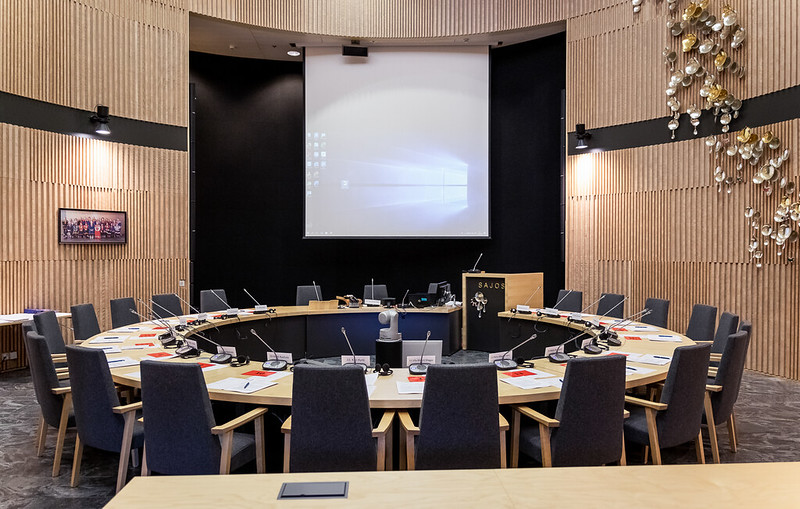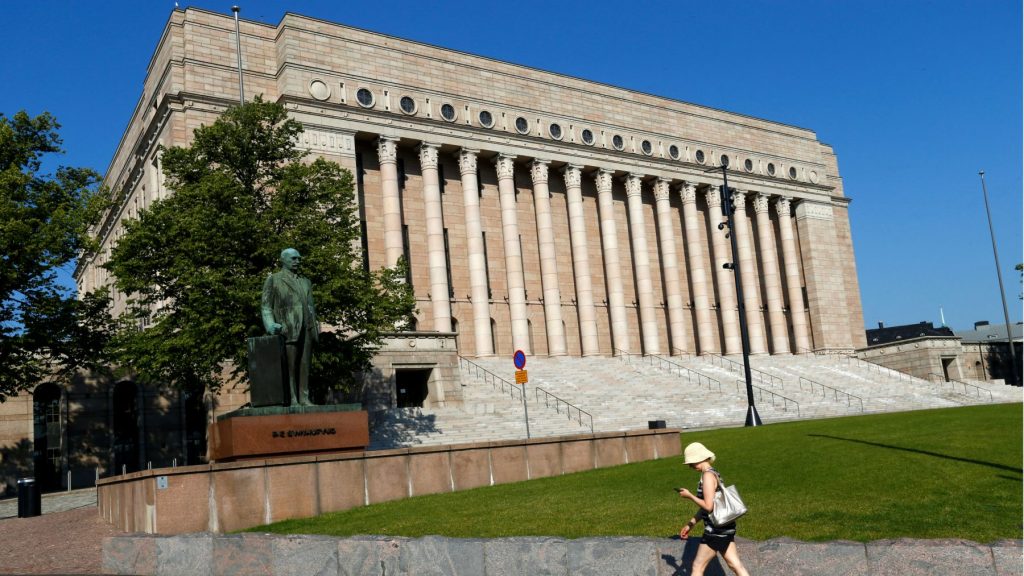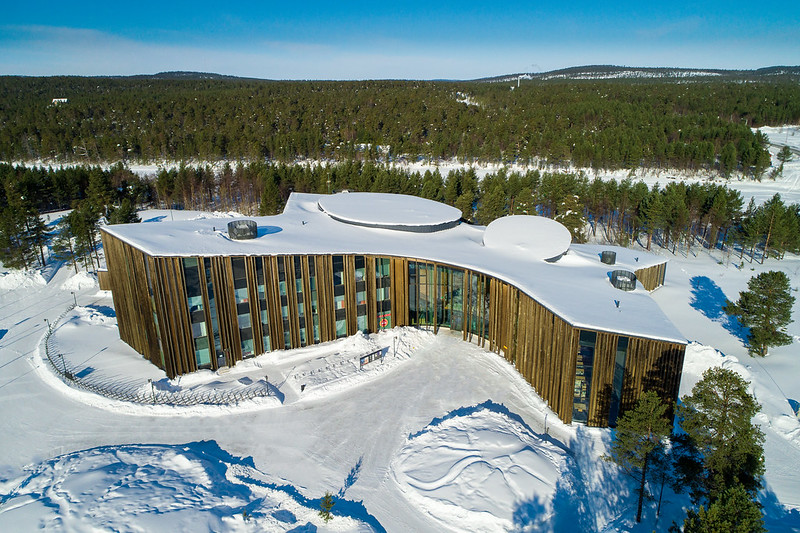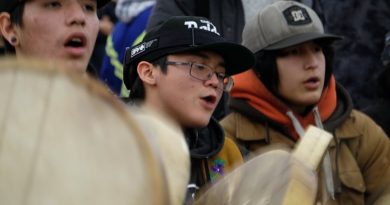Sami parliament in Finland to discuss government proposal to amend act

The assembly of the Sami parliament in Finland will take place later this month to discuss proposed amendments to the Sami Parliament Act, the body said in a statement Friday.
The government of Finland submitted a proposal to the Finnish parliament on the Sami parliament Act on Thursday.
Currently, the law in Finland allows those whose ancestors historically paid ‘Laplander taxes,’ paid by people who hunted, fished and raised reindeer, to vote for elections in the Sami parliament, even if they are ethnically Finnish.
The Sami parliament says this goes against their right as Indigenous people to decide their own membership and identity, as per the United Nations Declaration on the Rights of Indigenous Peoples. The parliament has also raised concerns about non-Sami looking to acquire increased fishing and hunting rights designated for Sami.
The amendment to the law would have a person whose great-grandparents spoke Sami as their first language be eligible to be included on the election lists.
A government press release said ministers voted 11 to 3 on Thursday to send the legislation forward to the Finnish parliament.

Three Centre party ministers voted against the measure, saying some Sami say the motion is discriminatory, Finland’s public broadcaster Yle reported.
In 2020, Finland’s Ministry of Justice appointed a committee led by Pekka Timonen, head of the Office of Justice, as well as representatives from Sami communities and government political parties, to prepare the amendment.
With the final report, it was concluded that if the proposals were accepted, the Finnish legislation would finally be in line with international human rights treaties.
In 2019, the UN Human Rights Committee found that the Sami right to self determination was violated when Finnish courts added 93 people to the Sami parliament electoral roll , even though the indigenous parliament did not consider the individuals eligible.

The Sami parliaments of Finland, Norway and Sweden represent the Saami populations in their respective countries. Members of the Saami parliaments in each country are elected every four years. The parliaments are not law-making bodies and do not have veto power over land, water or resource exploitation in traditional Saami areas. However, as Norway has ratified ILO-169, Saami in that country now have a bigger role in the decision-making process when it comes to projects and developments that may affect lands and waters in their traditional areas.
Ahead of the vote on Thursday, Finland’s Justice Minister Anna-Maja Henriksson, said the bill was an important step forward.
“With this reform, Finland would respond to the criticism of international human rights monitoring bodies regarding the violations of the Sámi’s rights, fully safeguard the basic and human rights of the Sámi in the future, and guarantee the preservation of the vitality of the Sámi’s culture.”

In a statement on Thursday, Tuomas Aslak Juuso, president of the Sami parliament in Finland, thanked Henriksson and Finnish Prime Minister Sanna Marin for their work on promoting Sami self-determination.
“The reform of the Sámi District Court Act is about human rights,” he said.
“Timonen’s proposal for the Sami Assembly Act is balanced, and it has succeeded in taking into account the concerns arising from Sámi and Finnish society.”
The plenary session of the Sami parliament will decide on the body’s official position on the proposed amendments.
The Sami Parliament assembly will take place on Nov. 29.
Write to Eilís at eilis.quinn@cbc.ca
Related stories from around the North:
Finland: Project to educate Finnish students about Sami needs to be permanent: Youth Council, Eye on the Arctic
Greenland: Indigenous knowledge must be included in policy making say Inuit leaders, Eye on the Arctic
Norway: Can cross-border cooperation help decolonize Sami-language education, Eye on the Arctic
Sweden: Sami in Sweden start work on structure of Truth and Reconciliation Commission, Eye on the Arctic



